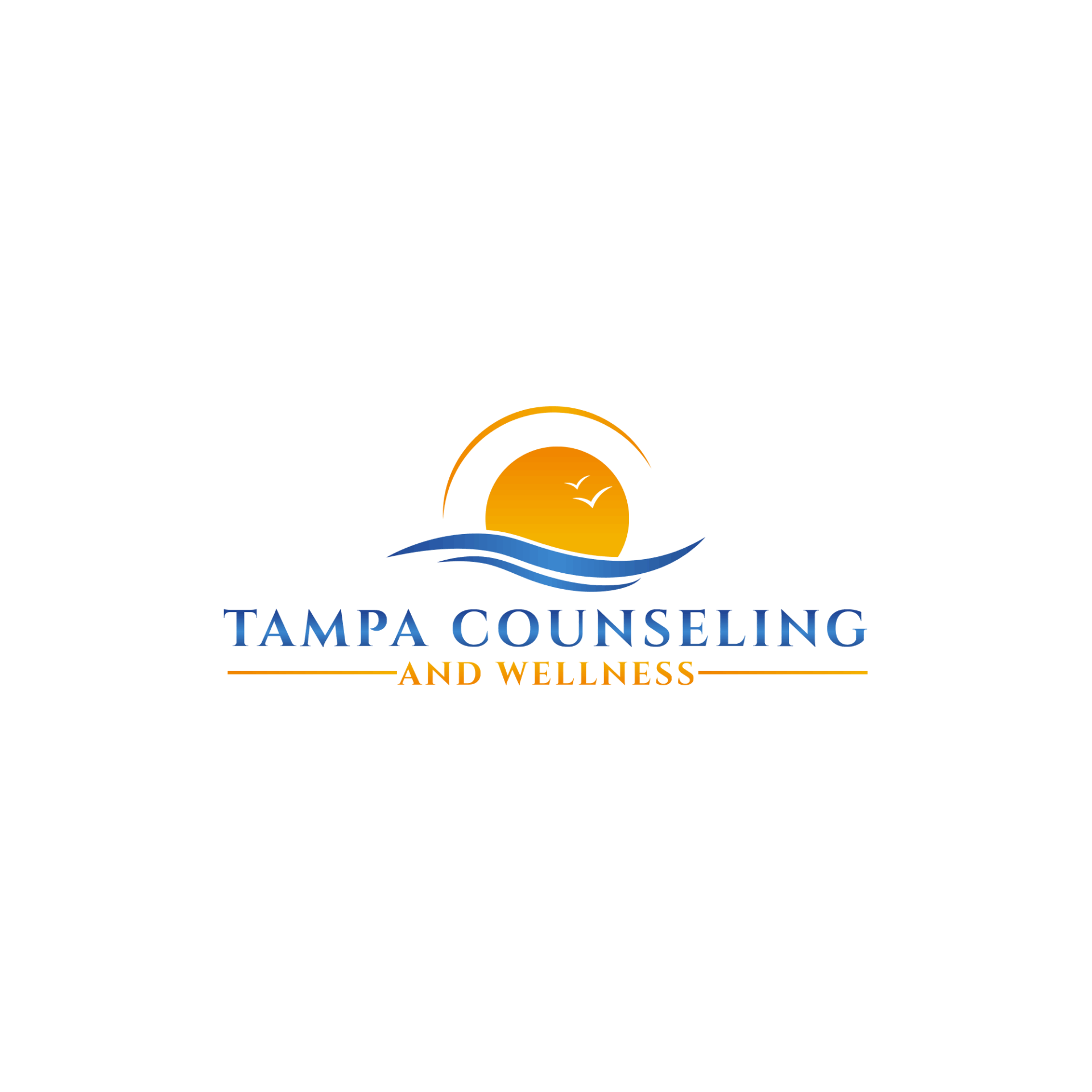The Surprising Mental Toll of COVID-19
It was just over a year ago that our lives changed in unimaginable ways due to COVID-19. Researchers are investigating the impacts of stress induced by the pandemic and some of the findings have been surprising. The findings suggest that the devastation reaches far beyond the lives lost or economic disruption. We are only now beginning to understand the impact the pandemic has had on people’s mental health.
Illness or fear of illness, social isolation, economic insecurity, disruption of routine and loss of loved ones are known risk factors for depression and anxiety. A report from the CDC, found a tripling of anxiety symptoms and a quadrupling of depression among adults surveyed compared with a 2019 sample.
An unanticipated finding was the disproportionate toll on young adults. In the CDC survey, 63% of 18- to 24-year-olds reported an anxiety or depressive disorder, and 25% said they were using more drugs and alcohol to cope, and 25% said they had “seriously considered suicide” in the previous 30 days. Researchers suspect that young people may have had more disruption in life events: graduations, weddings, the senior year of college and of high school. All those transitions were disrupted, as well as school and social connections, which are critical for young people.
What does this all mean as we enter the second year of the pandemic? Fewer hugs and less shared grieving may help explain why people do not seem to be adjusting to the new normal. Learning to cope with stress in a healthy way will make you, the people you care about, and those around you more resilient.
Healthy Ways to Cope with Stress
- Take breaks from watching, reading, or listening to news stories, including those on social media. It’s good to be informed but consider limiting news to just a couple times a day and disconnecting from phone, tv, and computer screens for a certain amount of time.
- Take care of your body.
- Take deep breaths, stretch, or mediate.
- Try to eat healthy, well-balanced meals.
- Exercise regularly.
- Get plenty of sleep.
- Avoid excessive alcohol, tobacco, and substance use.
- Continue with routine preventive measures (such as vaccinations, cancer screenings, etc.) as recommended by your healthcare provider.
- Get vaccinated with a COVID-19 vaccine when available.
- Make time to unwind. Try to do some other activities you enjoy.
- Connect with others. Talk with people you trust about your concerns and how you are feeling.
- Connect with your community- or faith-based organizations. While social distancing measures are in place, try connecting online or through social media.
References
The Mental Toll of COVID-19. (2020). Scientific American 323, 6, 25 doi:10.1038/scientificamerican1220-25
Mental Health, Substance Use, and Suicidal Ideation During the COVID-19 Pandemic. (2020) MMWR Morb Mortal Weekly Report, 69:1049–1057. DOI:10.15585
COVID’s mental health toll: how scientists are tracking a surge in depression. (2020) Nature 590, 194-195. doi: 10.1038/d41586-021-00175-z
Contributed by: Alisa Houseknecht, PhD


